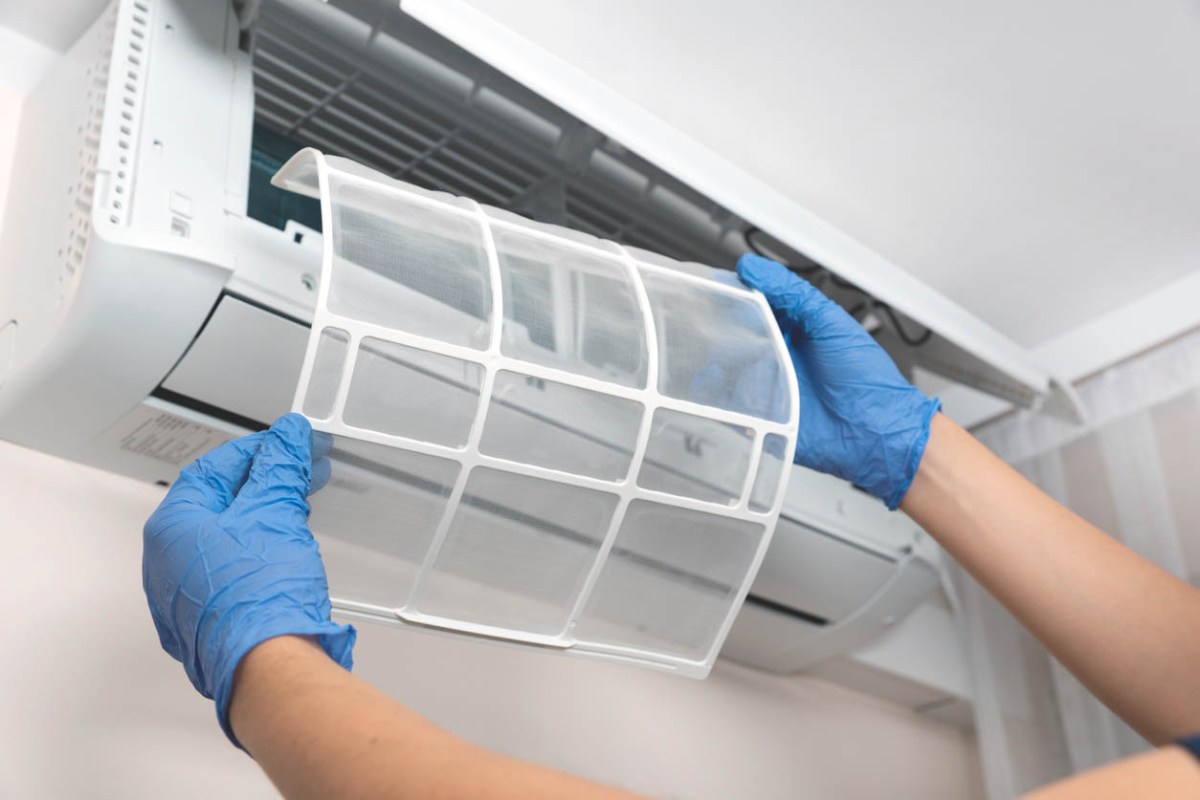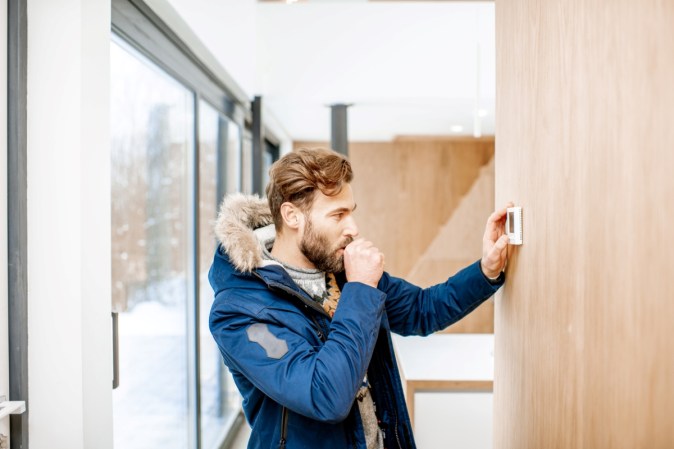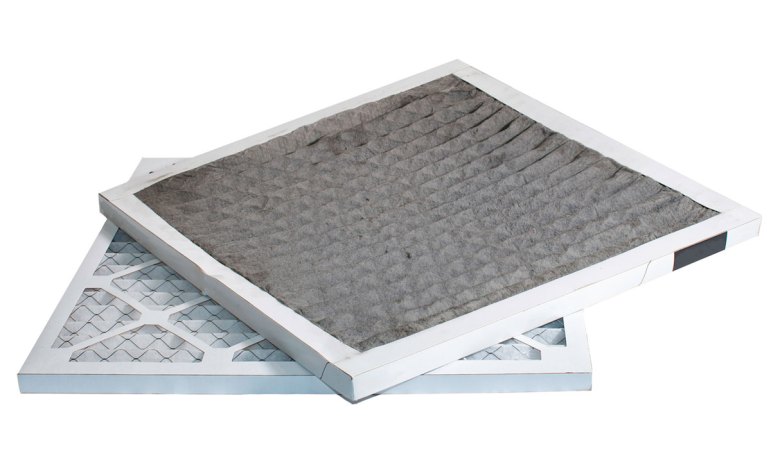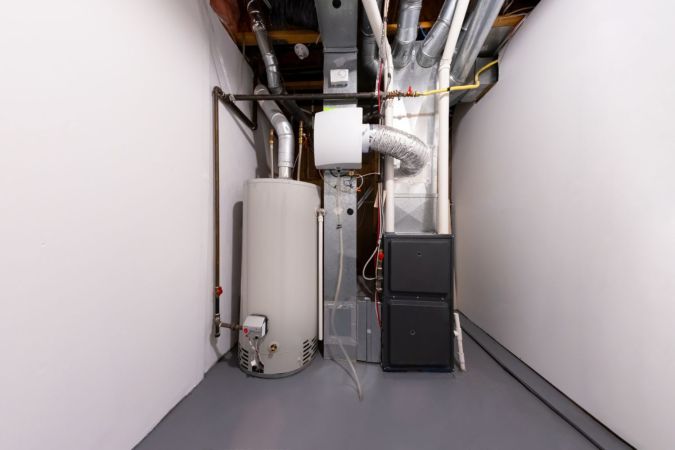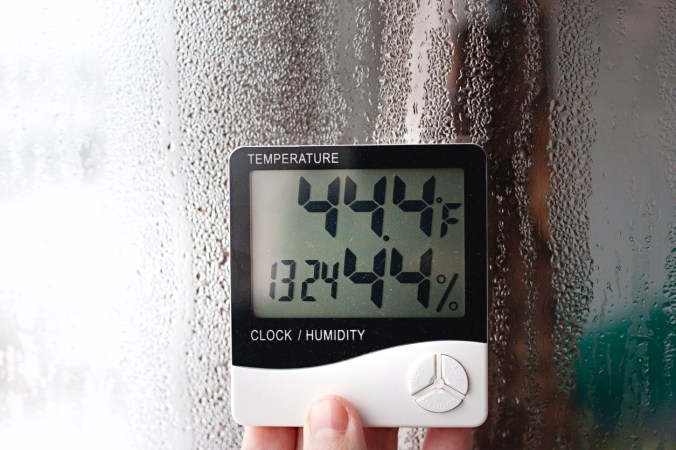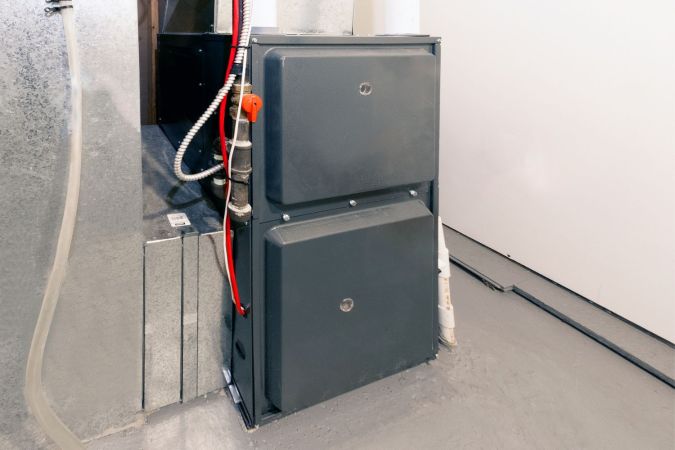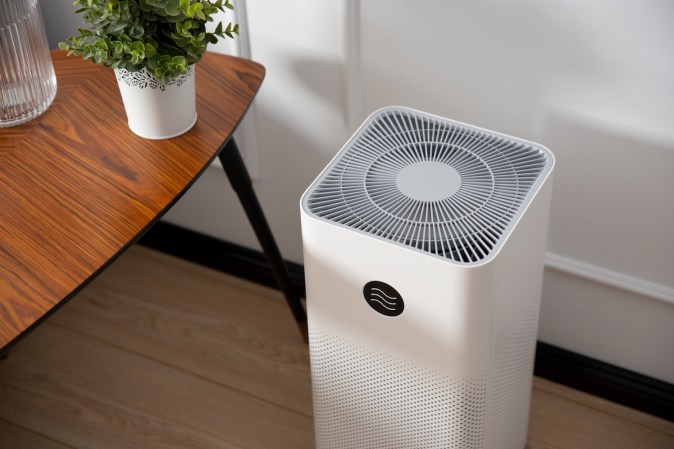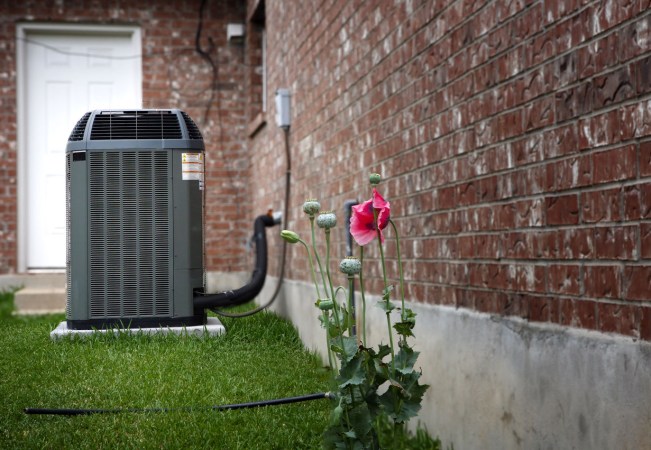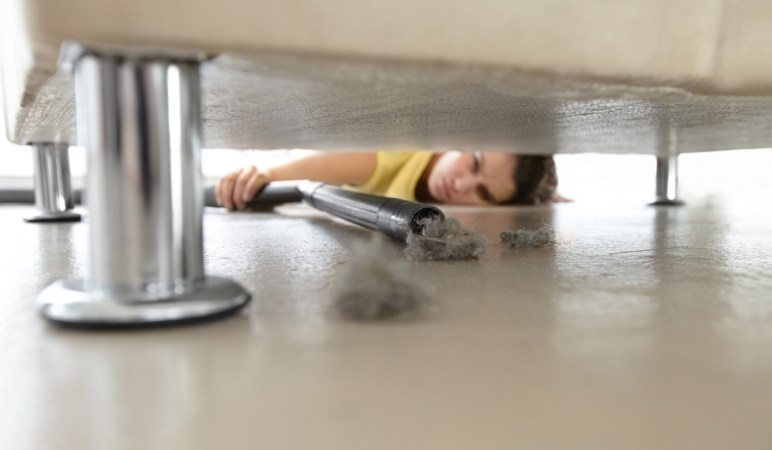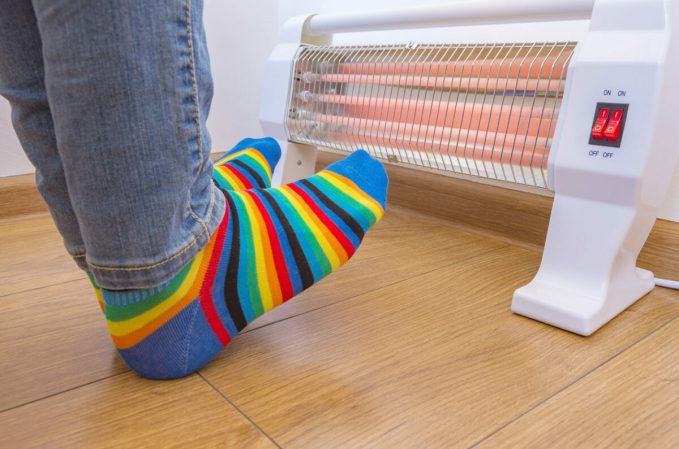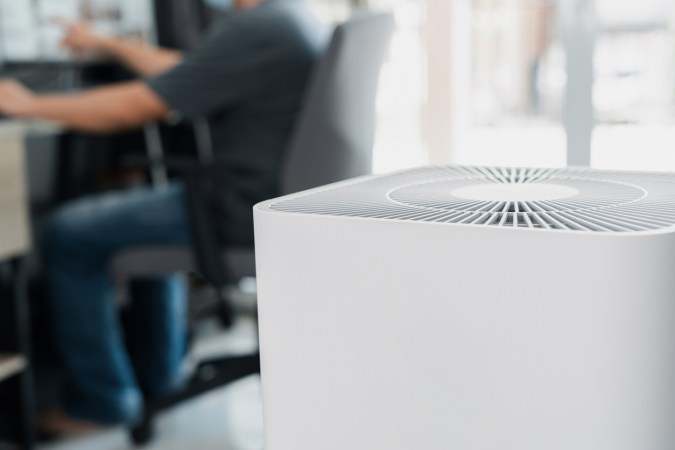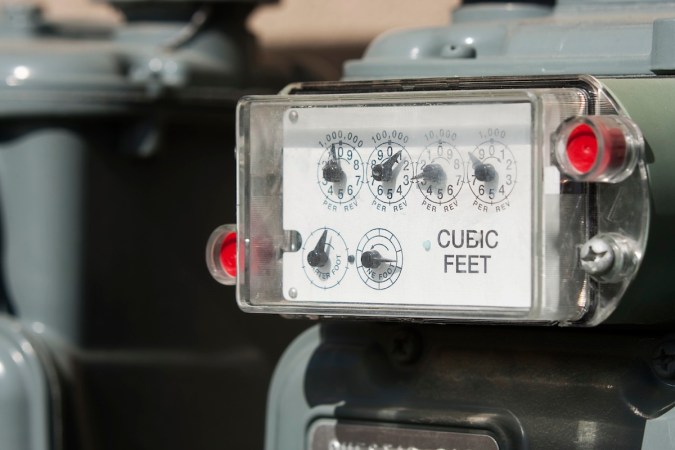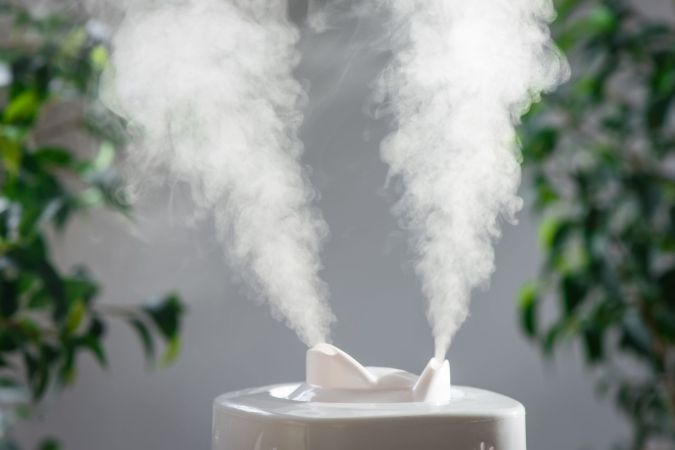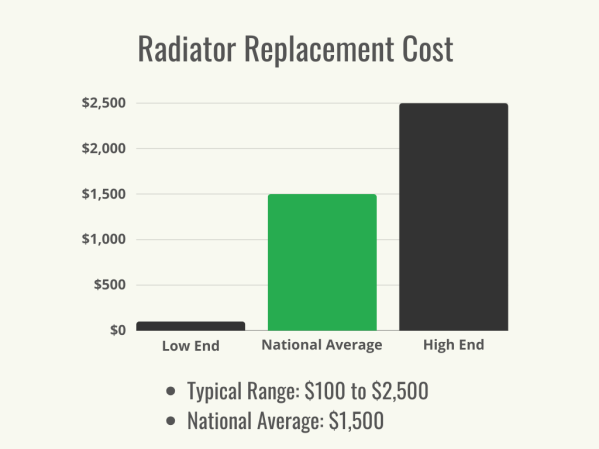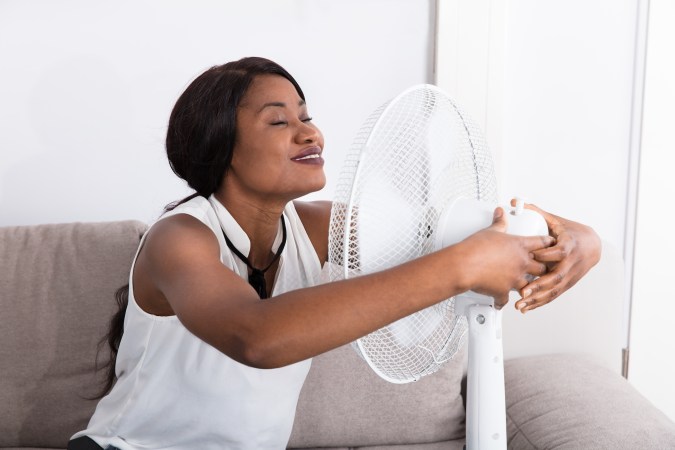We may earn revenue from the products available on this page and participate in affiliate programs. Learn More ›
Q: How often should I replace the air filters in my home, and what factors would require me to replace them in between regular changes?
A: The essential function of an air filter is to clean air that passes through a home’s heating and cooling system. Air filters are made out of spun fiberglass, paper, or cloth enclosed in a cardboard frame and are usually located within the air vents of a home. Homeowners may forget to change the HVAC filters for months at a time, which can cause a buildup of dust, debris, and allergens. This buildup can cause maintenance problems over time.
Additionally, neglecting to replace the air filter accordingly can cause a homeowner’s energy bill to increase as the clogged filters cause the system to work harder when circulating the air. When it comes to how often to replace HVAC filters, every 30 to 90 days is recommended. However, this depends on the filter’s lifespan and other environmental factors within the home.
In general, an HVAC air filter needs to be changed every 3 months.
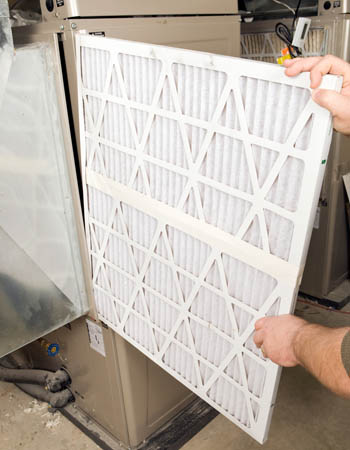
HVAC filters play an essential role both in regulating a home’s air quality and protecting the HVAC system from getting clogged with debris. For this reason, it’s important to replace HVAC filters regularly enough that they can effectively filter out dust, bacteria, pollen, and other contaminants. Individual homes, HVAC systems, and filter types differ from one another, so the lifespan of a furnace filter can vary greatly. But as a general rule, most experts recommend changing furnace air filters every 3 months. “The best plan is to set a calendar reminder and replace filters on a regular schedule—every 3 months is a good checkpoint,” says Andrew Liske, a manager and virtual HVAC expert at Frontdoor. “If the filter still looks clean, check again the next month. Once you figure out how long your filter lasts, just change it on a schedule from then on.”
The longevity of an air filter depends on the type of filter, the indoor air quality, the home’s size, and air pollution.
Different types of furnace or AC filters have varying specifications on when they need to be replaced. Fiberglass filters typically need to be replaced every 30 days. Pleated air filters are more expensive than fiberglass filters with higher quality materials and can last anywhere from 3 to 6 months. The HVAC or furnace filter MERV rating can also play a role in how often replacement is necessary. MERV stands for minimum efficiency reporting value; generally, the higher the MERV rating, the more often filters will need to be replaced. This is because a filter with a higher MERV rating lets fewer particles through and can therefore get dirty faster.
The fewer occupants there are in a house, the fewer contaminants and debris build up there will be in its air filters. For example, a family of four will have to change their air filters more often than a single individual’s home. An air filter’s lifespan also depends on the size of the house and the furnace filter sizes as larger homes circulate more air through the air filters. Air filters in smaller homes don’t need to be changed as often as those in larger homes. If an occupant smokes, replacing the air filter frequently can improve the quality of air within the home. Additionally, as outdoor dust or pollution increases, there’s a greater need to replace the air filters indoors on a more regular basis.

If anyone in the house suffers from asthma or allergies or has pets that shed, the air filter will need to be changed more frequently.
During allergy season, air filters can work overtime to clear out the allergens, dust, and other debris circulating through the heating and cooling system. At this time, excess contaminants can build up in the filter and cause a release of dust and dander if not changed regularly. This may cause certain household members to react with a runny nose, itchy eyes, sneezing, and other allergic reactions. Poor air circulation can also cause an increased risk of asthma attacks. If someone in the household suffers from asthma or severe allergies, it’s recommended to change the air filters very frequently; in some cases, every 2 weeks. For mild to moderate allergies, residents will want to try to replace the air filters every 30 days. Using HEPA filters and additionally running one of the best air purifiers can provide some further relief. A whole-house air purifier costs $2,448 on average.
Having a pet can also decrease the recommended time between air filter changes. Pet hair and dirt tracked in from outside can further clog the filters and block airflow. This accumulation of debris can change how often to replace the air filters. It’s advised for homeowners or renters with pets to replace furnace filters every 2 months.
Reduced airflow, excess dust, or increased energy bills are all signs that filters need to be changed.
Numerous contaminants and debris, including excess dust, can cause the air filters to clog and reduce the air circulation throughout the home. According to Liske, “Some telltale signs of a filter needing replacement are reduced airflow, longer run times, and increased dust accumulation on surfaces.” As the system works to counteract the effects of this excess dust and debris, it can work overtime, producing an increased energy bill.
These are all signs that it’s time to change the air filters in the home. However, they can also indicate that something is malfunctioning in the HVAC system. If the homeowner has changed the air filter and is still noticing these problems, they can first check the furnace filter direction to make sure it is installed correctly. If problems are still occurring, it’s wise to call in a professional to help address the root issue.
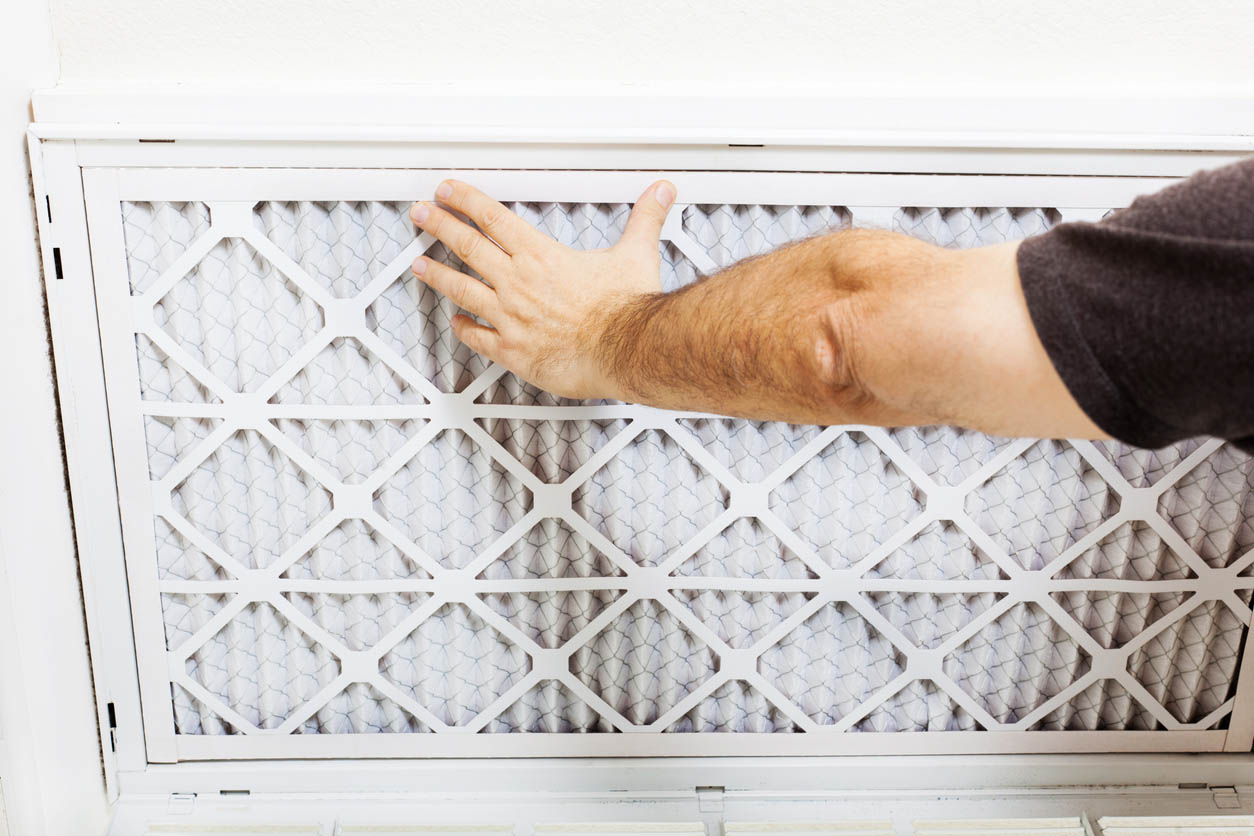
Failure to change an HVAC air filter at the recommended cadence can cause excessive wear and tear on the system, resulting in expensive furnace repairs or replacement.
Admittedly, changing furnace filters isn’t the most exciting chore. However, neglecting to change furnace filters or air filters regularly can significantly reduce the lifespan of a furnace or HVAC system. According to Liske, not keeping up with HVAC maintenance “can lead to reduced efficiency, poor indoor air quality, increased energy consumption, frequent breakdowns, and premature system failure.” All of this also means that the HVAC system has to work harder to circulate air through the system. Over time this can make the unit less efficient, increasing energy bills. It may be tempting to skip purchasing new filters to save money. However, if the system wears out from overuse, the cost of HVAC service or the price of a new furnace will quickly negate these savings.
When it comes to HVAC filters, for many homeowners it’s out of sight, out of mind. Signing up for one of the best air filter subscriptions can be a good reminder when it comes time to complete this task. Depending on the furnace filter location or a homeowner’s range of mobility, filters may be difficult to access. In this case, it may make sense to hire an HVAC technician to switch out filters regularly, or it may be included in the cost of furnace cleaning or HVAC service. These professionals can also show homeowners how to change an air filter so that they can do it themselves in the future.
